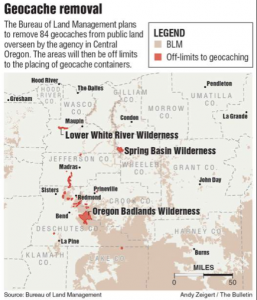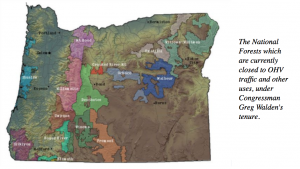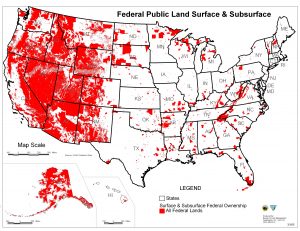The Federal Payment-In-Lieu-of-Taxes (PILT) and Secure Rural Schools (SRS) payment schemes are not in the best long-term interests of Oregon’s citizens. I have attended countless budget meetings where hard-working folks strive to manage their limited resources. However, the hard-truth is that relying on these monies will only place us on the same street corner next year, with the same cardboard sign, asking once again, “Please, Sir, More…”
All of these federal disbursement models are outdated, whimsically amended, and hobbled by bureaucratic ineptitude. They are built on a mishmash of legislative actions from self-interested parties that are forged deep within the marbled halls of our nation’s distant capital. Worse yet, most federal actions are rank with either executive or legislative over-reach or pregnant with deplorable raids on the US Treasury.
Federal usurpations directly damage Oregon’s health and economy while indirectly damaging all of us. Yes, my contention is that every citizen pays heavily as the national interests intrude on responsibilities that are, “reserved to the States respectively, or to the people.”
Here is a brief review of small handful of sordid federal intrusions in Oregon:
-
- Executive Over-reach #1 – Between 1904 and 1906, President Roosevelt went tearing through Oregon maps creating ten new forest reserves: 1904 – Baker City; 1905 – Chesnimnus, Maury Mountain, Wallowa and Wenaha; 1906 – Blue Mountains, Fremont, Goose Lake, Heppner and Siskiyou.
-
- State’s Defensive Response – In 1907, Oregon’s U.S. senator Charles W. Fulton introduced an amendment to eliminate the president’s authority to establish national forests in Oregon. This amendment appropriately gave responsibility back to Congress and changed the name from forest reserves to national forests in order to make it clear that the forests were to be used, not preserved.
-
- Executive Over-reach #2 – In 1907, the night before signing Sen. Fulton’s bill, Roosevelt grabbed another 16 million acres, deridingly known as the “Midnight Reserves.” Opponents were furious, but five new national forests were proclaimed in Oregon: Blue Mountains National Forest (added to the older Maury Mountain Forest Reserve), Coquille National Forest, Imnaha National Forest (created from the older Wallowa and Chesnimnus Forest Reserves), Tillamook National Forest, and Umpqua National Forest (Coast Range).
-
- Congressional Pandering – The next year, 1908, Congress invented the 25 percent annualized receipts sharing plan to placate states and counties whose land assets were completely nationalized through Roosevelt’s takings.
- Whimsically Bureaucratic Fixes– Since Congress first impaled counties in this economic death trap, Congress has never repealed federal misdoings but have only amended or modified the original acts with cheery acronyms like, “Payment in Lieu of Taxes”, “Safety Net Payments”, “Secure Rural Schools and Community Self-Determination Act”, “Moving Ahead for Progress in the 21st Century Act”, “Balanced Budget and Emergency Deficit Control Act”, “The Emergency Economic Stabilization Act” and the “American Taxpayer Relief Act”.
This ought to remind everyone of the Obamacare debacle. It’s cleverly named the “Affordable Care Act” but there’s little that’s affordable or caring about it. What was sold as a well-intentioned new idea has turned into a wasteful, ineffective nightmare. We should know better than to believe the cleverly named bad policies from Washington, D.C.
Look at the 1976 Federal Land Policy Management Act (FLPMA). This is where PILT was birthed. This is also where Congress declared a fundamental transformation of its Public Land goals. Up until this single event the federal government had a legislative mandate for disposing of public lands. After FLPMA the focus became one of land retention.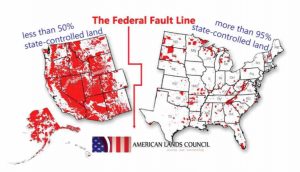
Land retention is the skunk in the woodpile. This is exactly why PILT and SRS exist. These monies are aimed at buying our complacency through the bankrupt budget and monetary policies of our federal government. Don’t mistake their offer for a mere 25 percent of the revenue as the answer to our county’s difficulties.
Instead of talking about PILT, SRS and O&C monies, it is time to start talking about the Transfer of Public Lands to states, counties and private enterprises. Dismantling federal land jurisdiction would give local communities control and management over their own natural resources.
It’s time for us, as loggers, ranchers, entrepreneurs and elected officials to believe in our own future. We should not allow the Politburo in Washington D.C. to plan our lives for us. Focusing on government handouts is never the right answer.
I know local families, businesses and communities are hurting. I know county services will face constraints but Congress needs to admit that it has promised more than it can deliver. The feds have over-spent our hard-earned money by throwing $18.2 trillion down the proverbial rat-hole while our Commissioners are scrounging the pavement looking for Road Fund nickels and dimes.
Instead of being placated by the empty words of career politicians we should place our faith in local control and open markets as the best means of restoring and preserving our water, fish, game, timber, and mineral resources. This is the road we must be willing to travel to secure the blessings of Liberty for ourselves and our posterity.
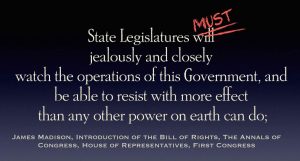
For more information visit : http://americanlandscouncil.org
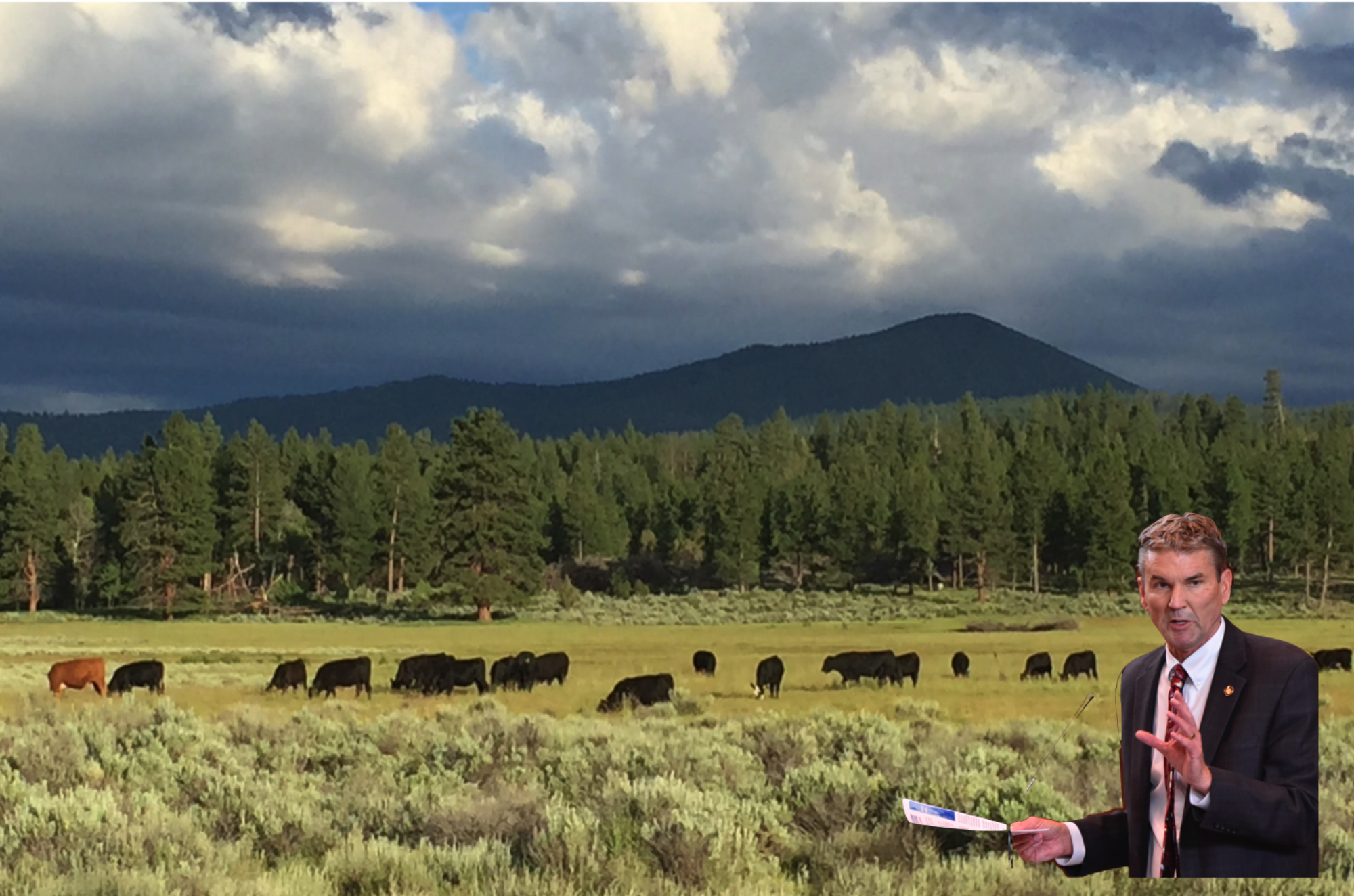
 They are amassing enormous volumes of data which enables them to push their agenda driven preferences onto the American scene. The problem isn’t the data collection per se. The problem is the agenda driven data interpretation which happens in the secret recesses of their bureaucracies.
They are amassing enormous volumes of data which enables them to push their agenda driven preferences onto the American scene. The problem isn’t the data collection per se. The problem is the agenda driven data interpretation which happens in the secret recesses of their bureaucracies. The House of Representatives passed a bill intended to require the Environmental Protection Agency (EPA) to disclose the scientific research it uses to justify changes in its regulatory policies.
The House of Representatives passed a bill intended to require the Environmental Protection Agency (EPA) to disclose the scientific research it uses to justify changes in its regulatory policies. no one can check — not the public, not independent scientists, not even the United States Congress,” McCarthy said. “It’s called ‘secret science’ and it’s wrong.”
no one can check — not the public, not independent scientists, not even the United States Congress,” McCarthy said. “It’s called ‘secret science’ and it’s wrong.”